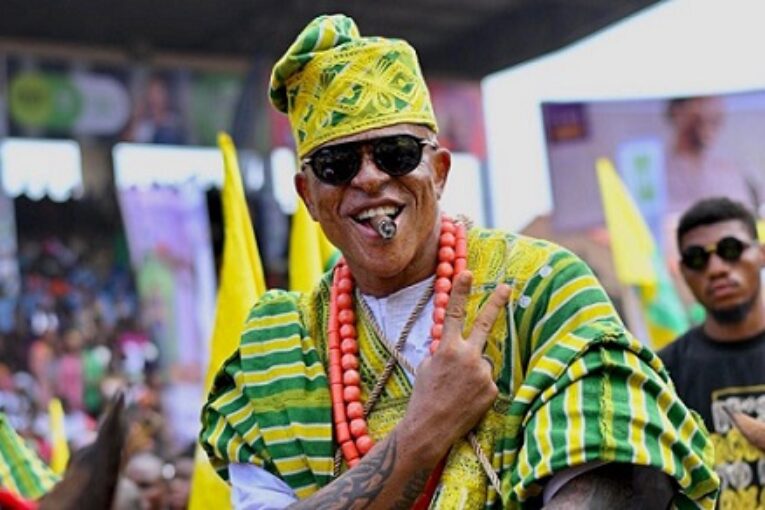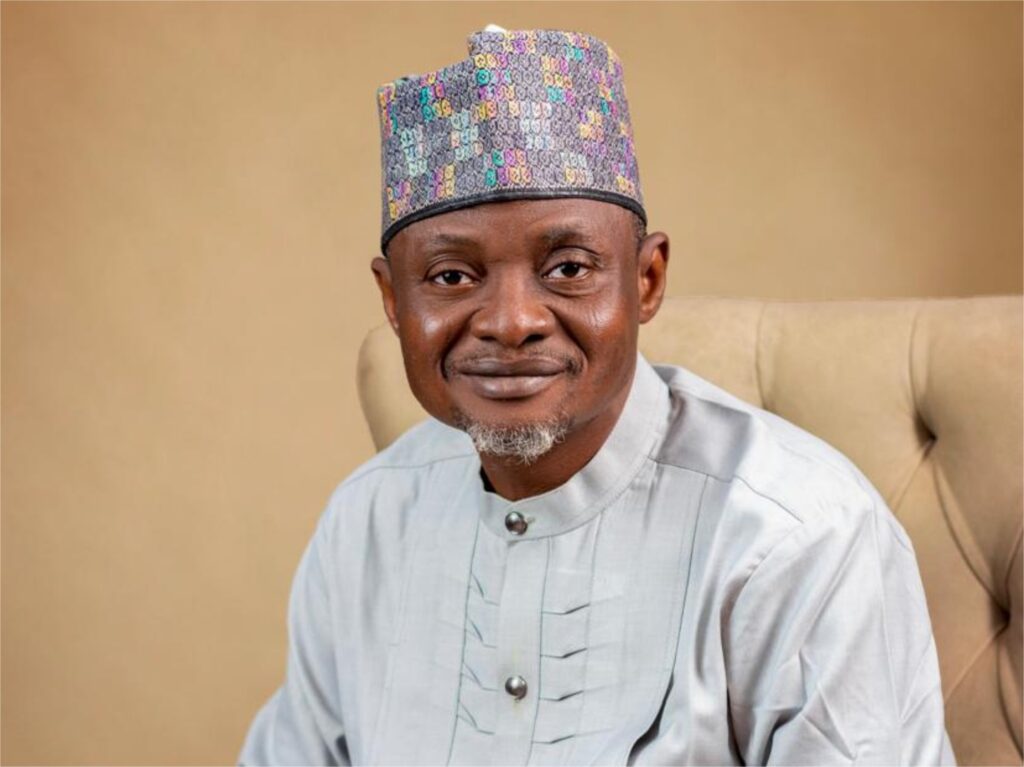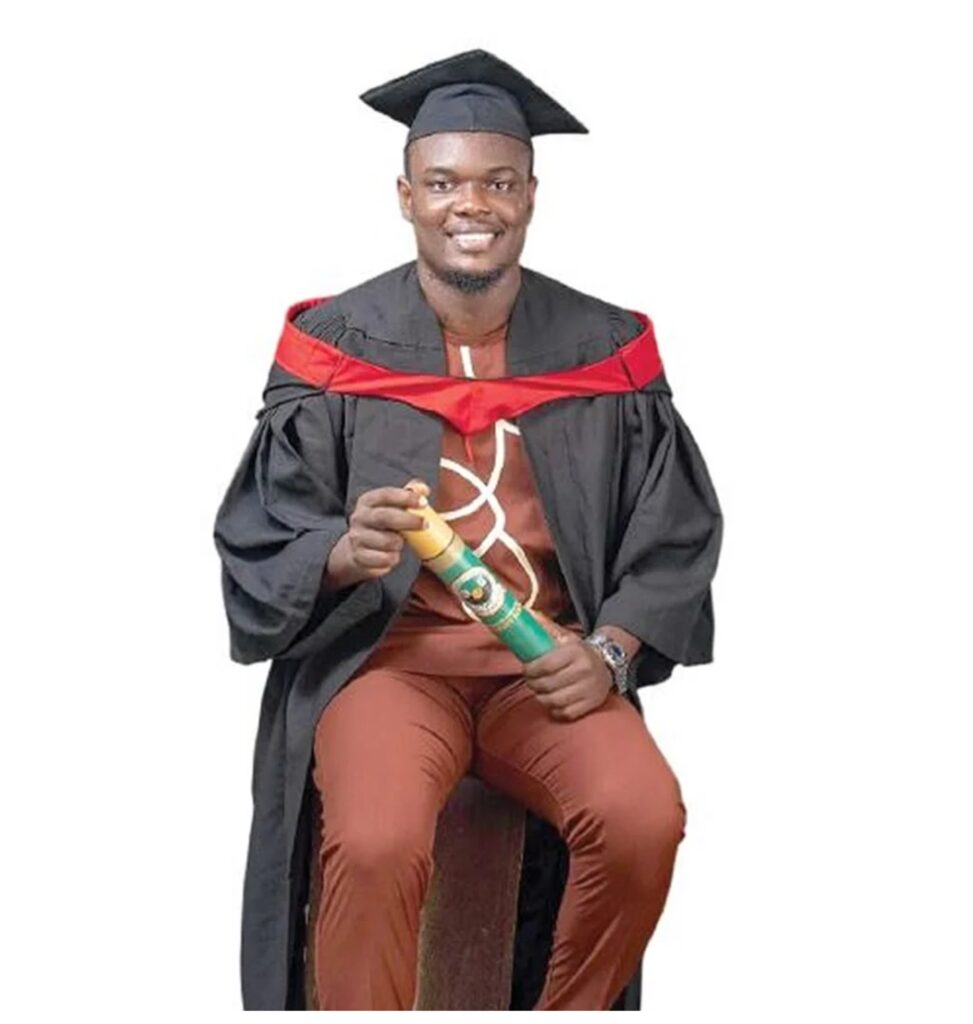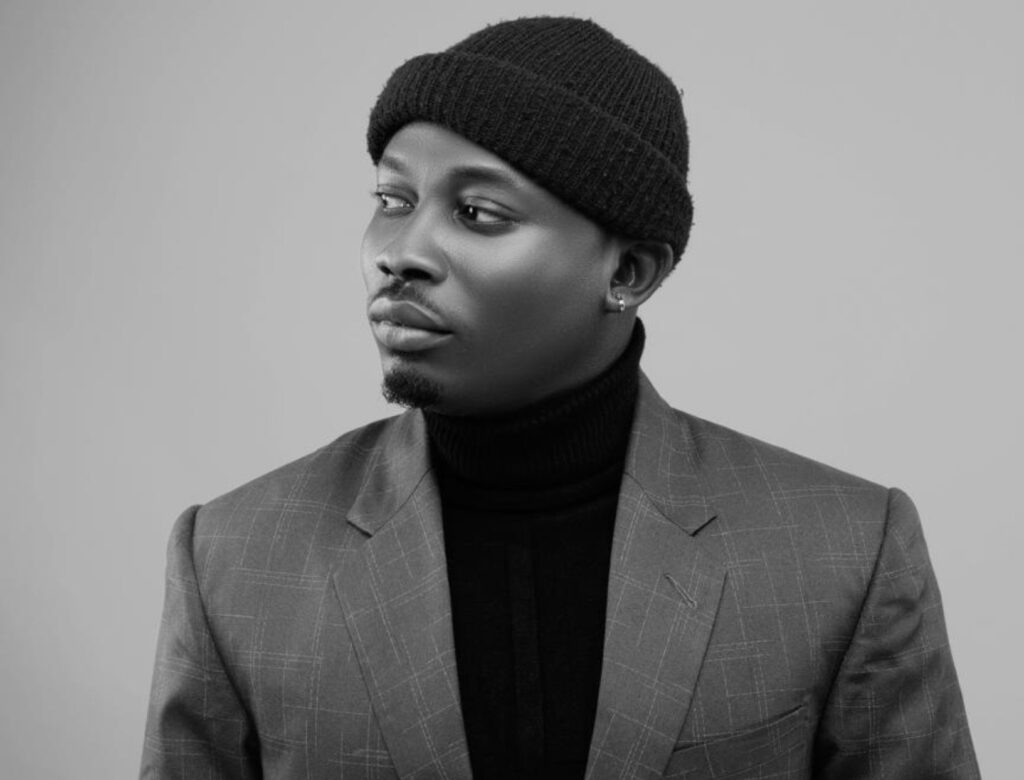
The Managing Director of NG Clearing and former member of the Derivatives Product Advisory Committee of the Nigerian Stock Exchange Farooq Oreagba has said that being diagnosed with cancer is the best thing that ever happened to him.
He said the ailment changed his perspective about life.
Oreagba, who stood out at the Ojude Oba festival in Lagos, shared his transformative journey on Arise TV’s Morning Show on Sunday.
Despite battling multiple myeloma, an incurable form of cancer, Oreagba remains dedicated to giving hope to other cancer patients.
Diagnosed in February 2014, he underwent a bone marrow transplant and extensive chemotherapy.
Reflecting on his journey, he said: “I’ve always been a bit of a controversial person, but we’ll not go into that. I think from the moment I was diagnosed with cancer in February 2014—it’s an incurable form of cancer—priorities changed. I’ll say this to somebody, and it’s going to sound ridiculous. I’m 58, and if I could live another 20 years, I’ll say being diagnosed with cancer is the best thing that ever happened to me. It changes my perspective on life. What I’m there for. I’m there for it.”
“Counseling cancer patients, trying to improve access to better healthcare, I’ll do that all day long.”
Oreagba also mentioned that he runs marathons to raise money for cancer charities, aiming to give people hope.
“I got hope from places I least expected, and from some of those I expected, I got nothing. That’s life, and you learn your lessons,” he said.
He further spoke about how he has been able to find fulfillment and stay happy despite his health status.
“You don’t know how much time you’ve got; you line up your priorities. For me, it is family first because I don’t know how long I’m going to be around, but by God’s grace, I’m 10 years and counting, and since I’ve been crowned ‘king of steeze’, I’m not about to just go like that anytime soon.”
“I’ve been counseling cancer patients for a while. I was diagnosed in February 2014. I had a bone marrow transplant in August 2014. I did chemotherapy every day, 21 days a month, for eight years. I don’t do chemotherapy anymore; I’m living my best life; I’m back working. That gives me a sense of fulfillment because people ask me why I am so happy. ‘I’m alive!’ And as long as you’re in the game, you can win the game; each day is a blessing,” he said.
Oreagba also explained how being diagnosed with cancer reduced the number of friends he had.
“One thing I realized is that when I was a senior executive at the exchange in the early 2000s, let’s say I had five million friends. When I left the exchange in 2010, my five million friends went down to one million. When I was diagnosed with cancer in 2014, my one million went down to a hundred. That was a very important lesson; it’s important that you hold your friends close, keep your 10 toes down all the time, and be yourself.”
Speaking about his tattoos, he stated that they held significant meaning to him and that he had had them for years; hence, they were not curated for the Ojude Oba event.
“People talk about my tattoos; I’ve had tats for years, and I’m very particular about them. I try to make sure that I don’t have a tattoo on my face and that my sleeves are down when I’m in corporate mode. Here’s the famous tattoo,” he said, showing his arm, “it says, ‘I live each day as if it were my last. So don’t judge me.’ That says, ‘Only God can judge me,’ he said.
He further explained that he has other tattoos for his kids, some indicating the moment when he had lots of friends. ‘I’ve got ‘Ride or die.’ These were not curated; they’ve been there for years.’”
Discussing the importance of the Ojude Oba, Oreagba described it as a family tradition spanning generations that showcases their heritage and identity.
“Ojude Oba has evolved over the years; I’ve been doing it for 15 years. Within my family, the Oreagba family, my grandfather was the main rider going back to the 1960s; he died in 1967, so we only had one rider. My uncle took over, and he was the main rider from ’67 to ’84. It’s a family affair; it’s not about one individual, and it’s a very expensive venture,” he said.
He noted that he sees the festival as a unifying activity that brings families together, adding that preparations have begun for next year’s edition of the event.
“It also brings families together because you could have one cousin who wants to ride but can’t afford a horse, and you are all going to wear the same outfit. You have to be considerate of other people, or you must support them. But for me, it’s just an expression of who I am. I didn’t choose the clothes; the family did. They’ve started arranging clothes now for what we will wear next year.”
At the event, different groups of people wore matching attire, showcasing that they belonged to the same association.
However, Oreagba said that he doesn’t belong to any group and that the only association he belongs to pertaining to the festivity is the one created by the paramount ruler and the Awujale of Ijebuland.
“The only group that I’m a member of is called the Heritage Group, and it’s a group that was formed by Kabiyesi Awujale. I’m not a member of any ‘Egbe’; it is a heavy thing; you have to be back in Ijebu every weekend for meetings; and I have a primary job, which is important to me because that allows me to afford the medication that I have been using.”
He also gave credit to the photographers for how his pictures from the event went viral, stating that it wasn’t planned that way. “This is a total shock to me. I didn’t nail it; the cameraman nailed it,” he said.
Oreagba added: “The only thing that was curated is that it used to be two men at the front, and this time it was three. I was at the front. The outfits are chosen by family members. The entrance: I am one of my grandfather’s oldest grandchildren, and if you look closely, I’m one of the two light-skinned guys as well, but I look exactly like my grandfather.
“When we leave the palace, we go around town. It’s usually a great feeling when people see me they don’t know who I am, but by looking at me, they just know that I’m an Oreagba. My cousins and nephews want to throw horses up and down, but I’m too old for that; if I fall off, my cancer is bone cancer, and if I break a bone, it will never set properly.”
During the interview, he also described his unconventional living arrangement on the beach in Lagos for four years, highlighting his commitment to living life to the fullest despite challenges.
“What I did in my spare time up until last year was that I lived on the beach for four years. I lived in Lagos, on a beach, as my primary home for four years. I did not have a home in Lagos at all. I did not worry about security; I just lived my life,” he added.
-Thenation




